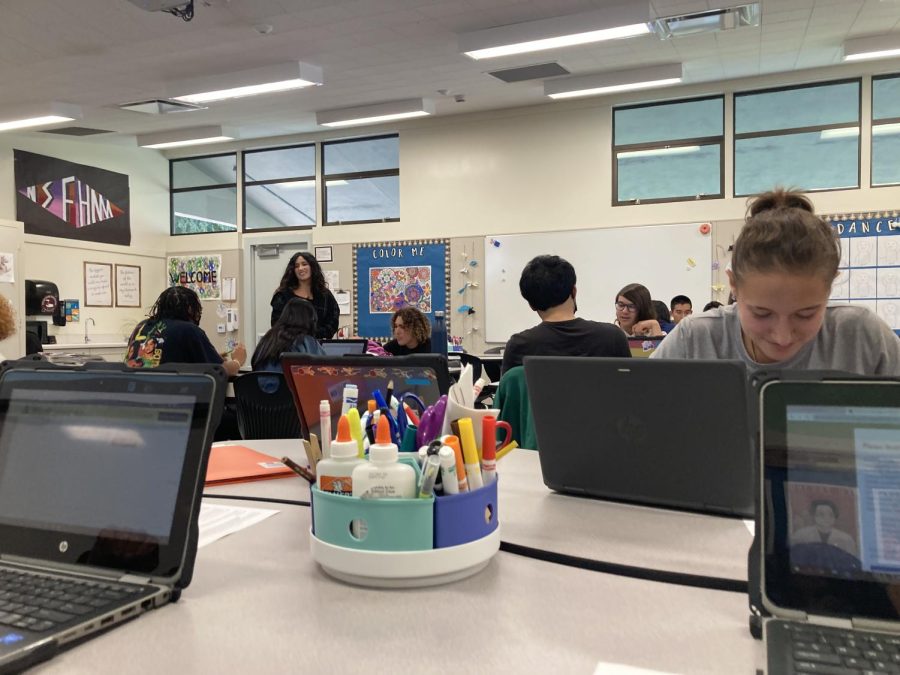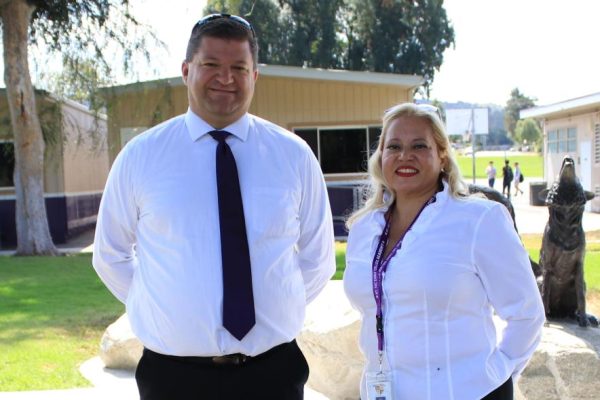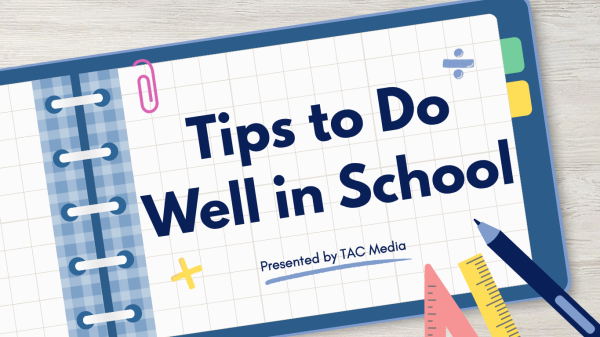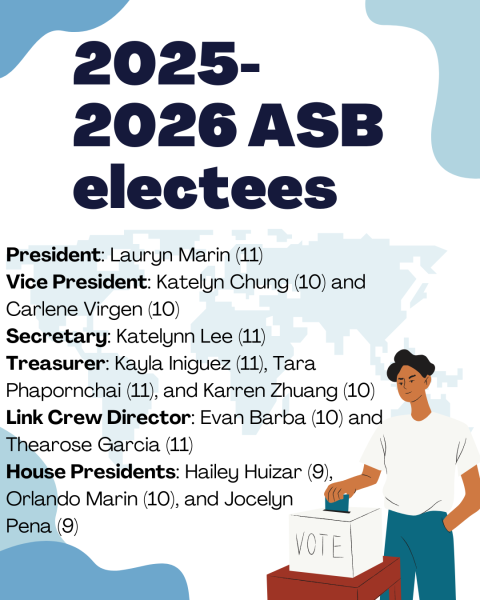The Imposter Syndrome Seniors Struggle With
Ms. Sprague’s Senior Seminar class in session working on registering for California State University applications. Photo By: Hannah Ramirez
Seniors go through the most stressful time of their lives during their fall semester with college applications, planning for their future, and slowly parting with their childhood.
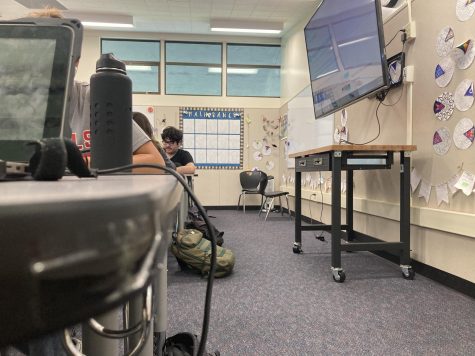
Most high schoolers go through an the “imaginary audience” stage in their adolescent lives. According to the APA Dictionary of Psychology, the imaginary audience is “the belief of an adolescent that others are constantly focusing attention on him or her, scrutinizing behaviors, appearance, and the like. The adolescent feels as though he or she is continually the central topic of interest to a group of spectators (i.e., an audience) when in fact this is not the case (i.e., an imaginary audience)” (APA Dictionary of Psychology, n.d.). This concept was first introduced by psychologist David Elkind.
The reason that the imaginary audience directly correlates with imposter syndrome is due to both being psychology concepts that mainly affects adolescents in high school.
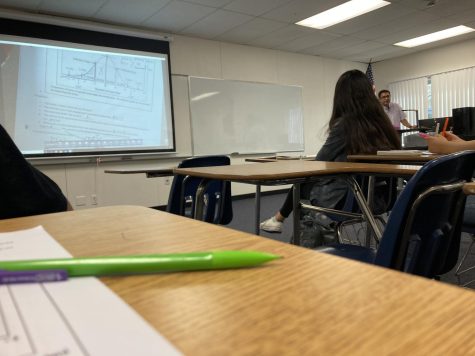
Imposter syndrome tends to fall under the category of self-doubt and worthlessness. It tends to affect overachieving individuals, which all Mt. SAC Early College Academy (MECA) students are since they take high school and college courses simultaneously. Another reason that imposter syndrome affects most seniors so heavily is the stress of college applications and how they will be perceived by admission officers.
Senior, Melissa Warawita commented about imposter syndrome, “It [imposter syndrome] impacts me by making my self-doubt worse. Like I said, my self-esteem is already very low, but I’m also lacking motivation when I’m having this problem… but I doubt my skill entirely…”. A way she combats imposter syndrome is by motivating herself and relying on the people she’s close with. She seeks words of encouragement from others and finds it comforting. She reminds herself that she is still growing.
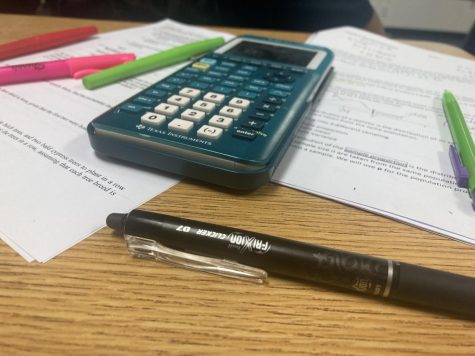
For seniors, the fall semester is strictly dedicated to putting their best foot forward to others. With the imaginary audience, it feels as if all eyes are on you and watching your every move. And in addition most teens struggle with their self- esteem. And having imposter syndrome doesn’t necessarily help with the situation.
Abi Trujillo senior at MECA added, “…imposter syndrome probably hits the hardest when it comes to thinking about college. Applying and doing all the work to sign up includes looking at records and grades and I worry I’m not good enough to get accepted or compete with other students.”
It’s important to acknowledge these struggles that are extremely common to seniors as it would eliminate the stigma of seniors struggling.
Ways to combat the imaginary audience and imposter syndrome are extremely limited. It progresses with age, which means you eventually grow out of the mentality. A message for seniors struggling with this mentality would be, that many are going through this and that no one is alone with this struggle.
Your donation will support the student journalists of Mt. SAC Early College Academy. Your contribution will allow us to purchase equipment and cover our annual website hosting costs.
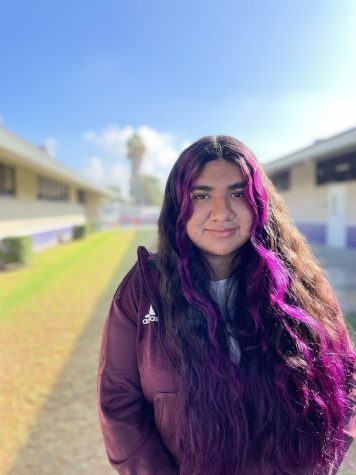
Hannah Ramirez is a Senior at Mt. Sac ECA. Hannah was a part of The Academy Chronicle her freshman year, returned junior year, and is continuing into her...


